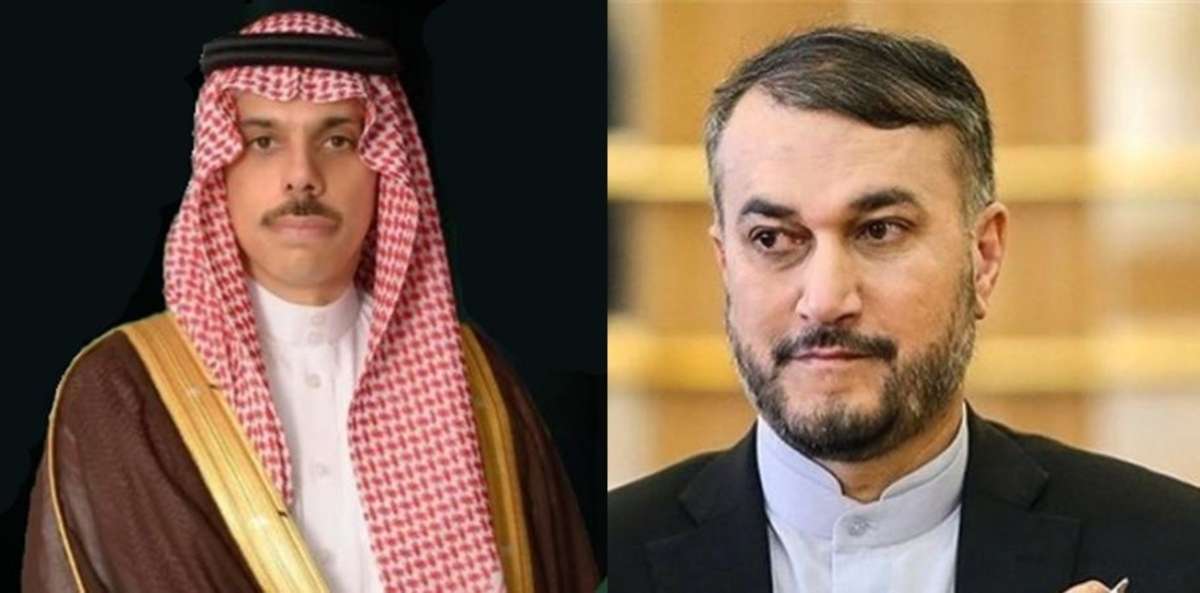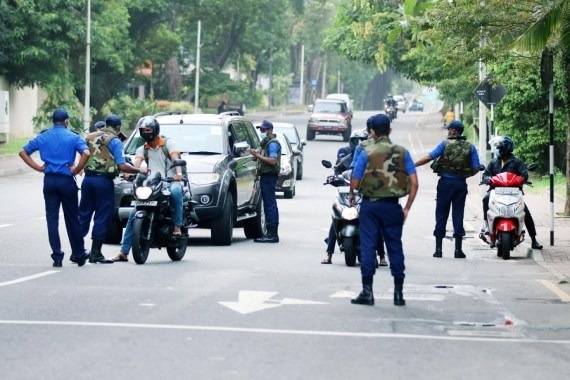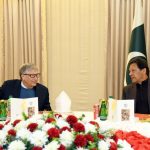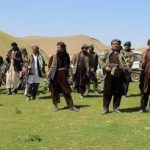The fact that Pakistan is now fighting against the Taliban to safeguard its border regions indicates a more significant policy failure…reports Asian Lite News
Recently, a high-level Pakistani delegation comprising Defence Minister, DG ISI, and Foreign Secretary visited Kabul and held discussions with the Taliban.
While both sides were reticent to discuss the outcomes of the meetings, it is evident that the recent spike in violence constituted the core of the discussions, the Politeia Research Foundation said in a report.
In February, a suicide squad carried out a brazen attack on the Karachi Police Office and killed five people. Earlier, the bombing of a Peshawar mosque, located in a highly secured police headquarters, killed approximately 100 people.
There were also frequent clashes between the Taliban fighters and Pakistan border guards. All these developments point to the deteriorating security situation at the Afghan-Pak border, the Politeia Research Foundation reported.
The Taliban takeover of Afghanistan in August 2021 was supposed to be a significant victory for Pakistan. However, since the takeover, Pakistan lost an estimated 637 security personnel and 314 civilians in 543 terrorist attacks primarily carried out by Tehrik-e-Taliban Pakistan (TTP).
There was a resurgence of TTP after the Taliban released all the terrorists from Afghan jails. After a prolonged Pakistani mediation between the Afghan Taliban and the US, the tables turned with the Taliban mediating peace talks between TTP and Pakistan government, the Politeia Research Foundation reported.
It is a paradox that, despite a prolonged and intense engagement, Pakistan’s Afghan policy lacks a long-term approach and is guided by elusive objectives such as gaining ‘strategic depth’.
Many policymakers in Pakistan, such as Hamid Gul, former Director-General of the Inter-Services Intelligence (ISI), noted that the absence of strategic depth dictated Pakistan’s Afghan policy.
The objective of gaining strategic depth in Afghanistan serves the corporate interest of the Pakistan military and gives it significant influence in defining security policies.
While Pakistan’s leaders may blame the superpowers for entrapping their country in geopolitical conflicts, it should be noted that they sought to define the trajectory of the Great Game in the region. Further, Pakistan’s leadership was keen on leveraging its strategic location and willingly played along with the machinations of the big powers in Afghanistan at enormous economic and human costs. The narrative of strategic depth validated such proactive participation, the Politeia Research Foundation reported.
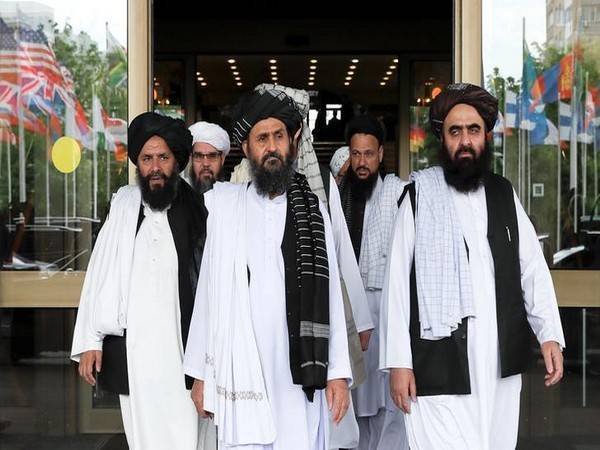
An elusive search for strategic depth and immediate security considerations coloured Pakistan’s Afghan policy. For example, in the 80s’ Pakistan supported the Mujahidin against the Soviet Union with the help of the US, then helped Mullah Omar to establish the Taliban to fight against the same Mujahidin.
In 2001, Pakistan joined the Americans in War on Terror against the Taliban and subsequently went on to help the Taliban against the US. Pakistan leadership may interpret, with pride, that these shifts indicate an ability to adapt to changing circumstances, the Politeia Research Foundation reported.
However, the fact that Pakistan is now fighting against the Taliban to safeguard its border regions indicates a more significant policy failure.
The skewed security policies of Pakistan are located in its inability to forge an inclusive nationalist framework since its inception. In addition, internal power politics and narrow personal interests of political leadership did not allow inclusive nationalism to flourish.
Subsequently, the military took control of political power and relied on geopolitical events to conceptualise Pakistan’s national identity. After the separation and independence of Bangladesh in 1971, the rhetoric of protecting Pakistan’s territorial integrity became even more prominent.
The issue of the disputed border between Pakistan-Afghanistan (the Durand Line), which stretched from China to Iran, acquired greater salience, the Politeia Research Foundation reported.
The alleged need for a ‘strategic depth’ and consolidating the western border probably constitute the primary objectives that provide context to Pakistan’s Afghan policies. Pakistan’s military leveraged the Cold War and, subsequently, the War on Terror to promote leaders favourable to Islamabad in Afghanistan while outsourcing the bills of such strategies to the West in general and the US in particular.
The dependence on external actors for the financial resources to execute its strategy prompted Pakistan to maintain the facade of cooperation with the US policy in Afghanistan.
Pakistan also sought to build a robust ideological base to legitimise its interventionist policies in Afghanistan. The Islamic identity of Pakistan was radicalised during the Zia regime through strengthening institutional frameworks such as establishing separate Shariat judicial courts and sponsoring thousands of madrasas, which dictated the terms of engagement with Mujahidin and subsequently with the Taliban, the Politeia Research Foundation reported.
Supporting the Jihad against the Soviet Union, providing a safe haven to the Taliban, and being the only Muslim country with nuclear weapons fostered Pakistan’s self-perception as a protectorate of Islam. Moreover, the growing religious radicalism in Pakistan also helped the government to use religious ideology to reach out or create different factions in Afghanistan.
It should be noted that most of the Taliban leadership studied in Haqqani madrasas that were funded by Pakistan Government.
However, Pakistan’s interventionist policies in Afghanistan had severe limitations. First, in the eyes of extremist groups, Pakistan’s establishment is a pawn of the US. The trust and legitimacy of the Pakistan military are fast eroding among various religious groups.
Second, Pakistan’s attempts to harden the Durand Line by fencing, building military posts and regulating the cross-border flow of people have not yielded the anticipated results. The resurgence of TTP clashes on the Durand Line, and the inability to take control of the situation internally suggests that Pakistan still needs to achieve its objectives of consolidating the Durand Line, the Politeia Research Foundation reported.
Third, there is growing discontent among the various ethnic groups, such as the Baluchis and the Pashtuns. However, the persistent economic crisis means that Islamabad does not have space to address disenchantment in minority ethnic groups through development policies.
Fourth, the deterioration of the security situation impacts the already weakened economy by keeping away foreign investors. Further, there are reports that China is worried about the security of BRI projects. To overcome the economic crisis, Pakistani leadership has often resorted to quick fixes, such as external borrowing from the Middle East, China, IMF and others.
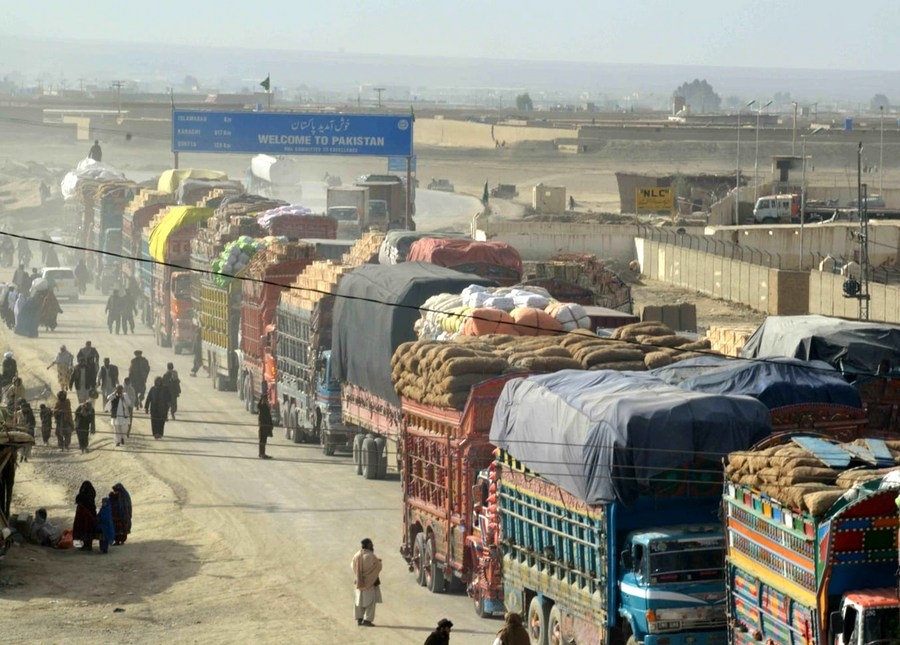
However, such borrowings meant growing concerns about the loss of sovereignty.
Despite the willingness to pay for such costly outcomes, Pakistan failed to develop a consensus among the international community to provide substantive economic aid to its friends in Afghanistan.
The takeover of Kabul by the Taliban in August 2021 should have forced Pakistan to rethink its Afghanistan strategy. However, there is no evidence that Islamabad has learnt its lessons. Therefore, international donors must reflect honestly on whether Pakistan can achieve economic growth without addressing regressive religious ideologies and imprudent security frameworks, the Politeia Research Foundation reported.
Given the ungoverned spaces in Pakistan, some wonder whether Afghanistan, in consonance with its territorial claims, will find greater strategic space to its East in the coming years. (ANI)






